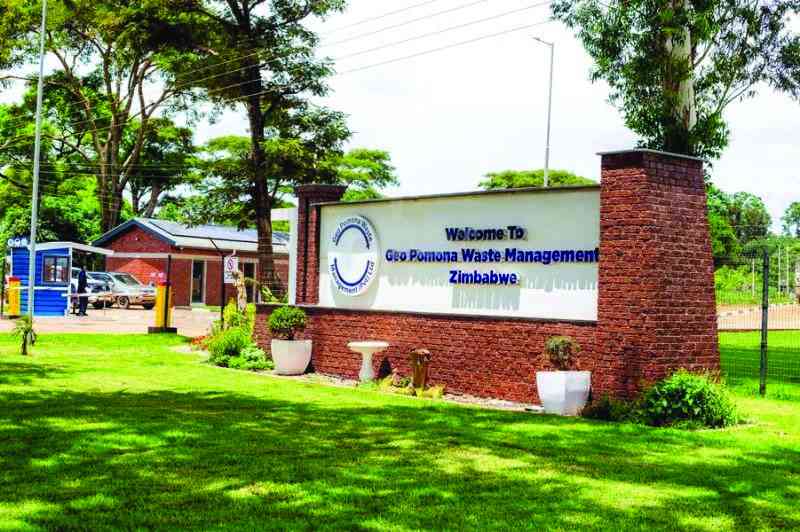
THE Insurance and Pensions Commission (Ipec) this week revealed plans to automate the externalisation of insurance policy cover to increase efficiency and transparency in the system.
Historically this has mostly been done manually.
This comes as Zimbabwe is losing millions of dollars through insurance externalisation.
Externalisation, normally occurs when reinsurance brokers and reinsurers have exhausted local capacity.
In Zimbabwe, the percentage of business subject to this is reportedly between 15% and 20% of all externalised premiums.
Whenever insurance players want to externalise risk, they are supposed to seek approval from the regulator after circulating a negative market slip that establishes whether there is no one in the local industry with the capacity to take up that risk.
In most cases, players have always declared incapacitation, leading to externalisation.
Ipec director of insurance and micro-insurance Sibongile Siwela could, however, not comment on this particular process, but admitted that a huge chunk of money was being lost due to policy cover externalisation.
- Mavhunga puts DeMbare into Chibuku quarterfinals
- Bulls to charge into Zimbabwe gold stocks
- Ndiraya concerned as goals dry up
- Letters: How solar power is transforming African farms
Keep Reading
“I cannot comment on the illegal figures but that is not to say they are not there but we are able to put together figures of externalisation,” she told NewsDay Business on the sidelines of the Insurance Institute of Zimbabwe (IIZ) winter school in Nyanga.
“A lot of money has been lost. Currently, the process is largely manual and we have taken steps to automate the process. We visited the Tanzania Insurance Regulatory Authority (TIRA) where they have developed a system for externalisation.”
She added: “We are currently in discussion with TIRA so that we can adopt their system and we use it in our market. We think it will improve efficiency and turnaround time in terms of approving the applications for externalisation.
“Everything will happen virtually, the insurer will apply on the system and the regulator will approve from the system. The process does not end with the commission, we make recommendations to approve.”
However, IIZ president Panganai Sanangurai said: “I have always been sceptical about the negative market slip because it's already giving you a direction of what you are supposed to be doing.
“So, it's purporting that you should not take the risk. The way it is termed, you could say it is a collaborative effort between insurers not to accept the risk. If it is sent to you as a negative market slip, it's simply telling you to decline.”
Sanangurai said the new system could possibly do away with the slip and allow the regulator to see if the deal was risky or not.
“But with this system, the regulator will see on its own if it's a bad risk and there are no takers. They will allow anyone who wants to ship it at whatever cost. It has always been industry practice to say when a negative slip circulates you don’t need to take the cover with no bad intentions,” he said.
In 2018, Zimbabwe lost in excess of US$40 million in externalised premiums.
On average, Zimbabwe reinsurers place 31% of their gross written premiums on the external market, a figure quite high compared to international benchmarks of about 25%.
Market experts have argued that insurance policy cover externalisation may lead to reduced market share for domestic insurers, as policyholders opt for foreign-based policies.
This can result in the loss of jobs and revenue for local insurance companies, potentially weakening the industry as a whole.
While it can bring cost savings and access to international expertise, it also raises concerns about the impact on local players and the quality of customer service.







